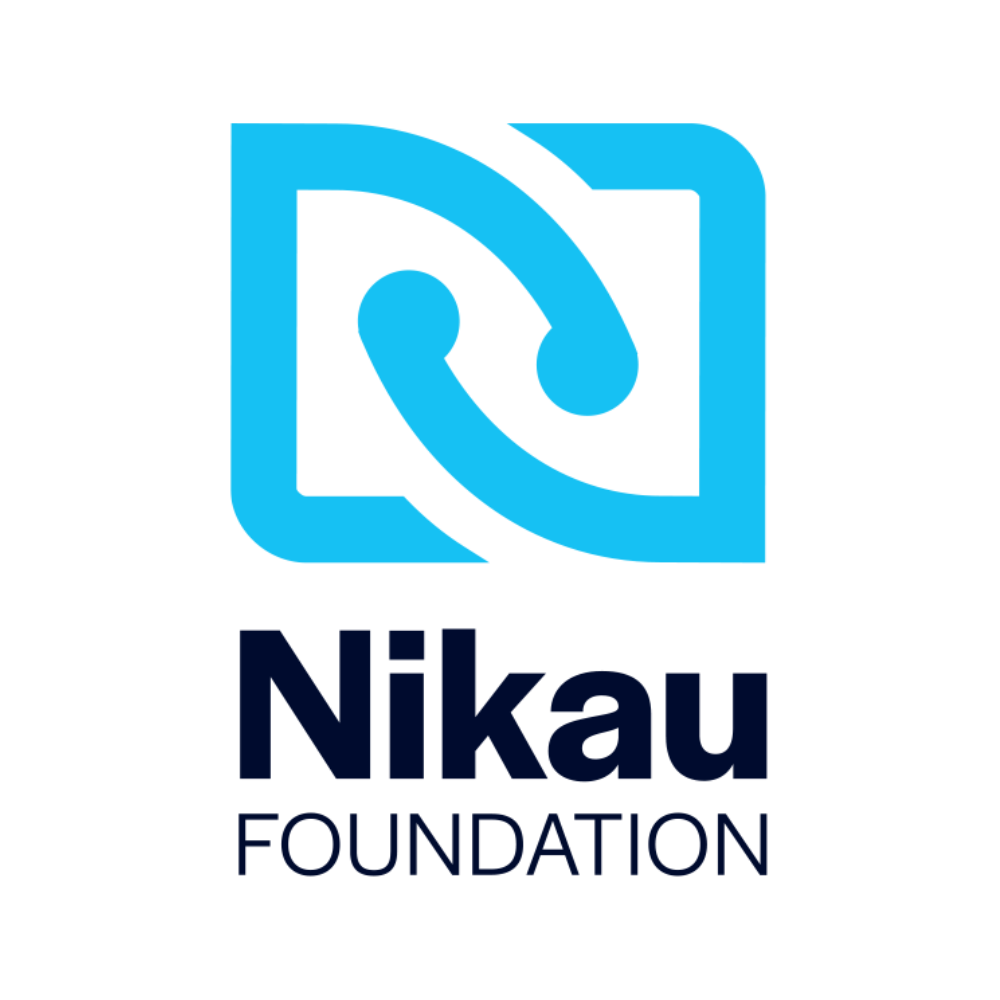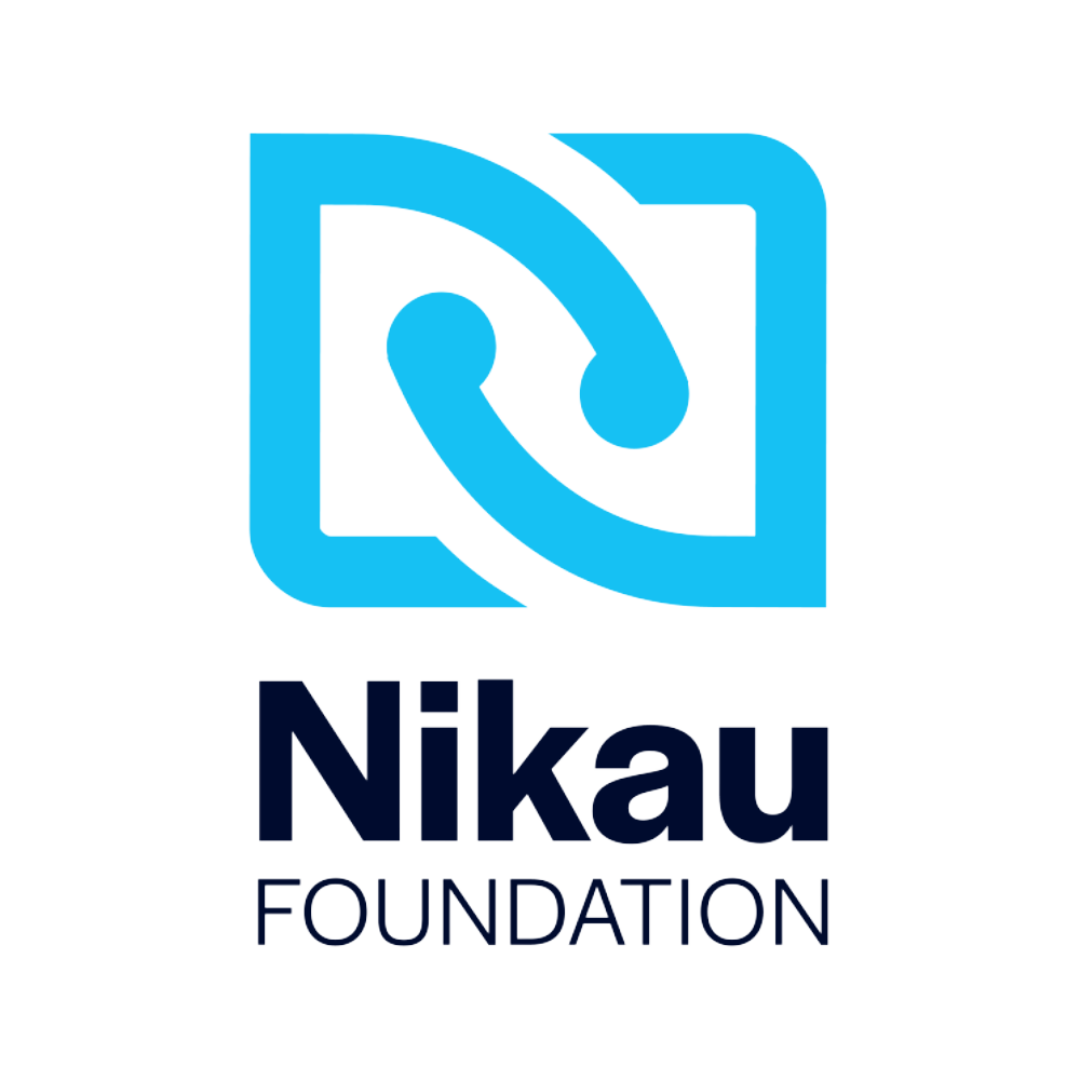Inspiring kaitiakitanga for marine life and Aotearoa’s coastline.
It makes sense that New Zealanders are at the forefront of innovation in marine mammal rescue.
Owing to our extensive, jagged coastline, numerous deep-sea trenches running close to our shorelines vast longitudinal length, and prime position between tropical and Antarctic whale migration paths. These reasons (to name but a few) help explain why New Zealand has the highest rate of marine mammal strandings in the world.
"We average around 300 stranded whales and dolphins a year," says Project Jonah Communications and Volunteer Manager, Louisa Hawkes, "and that doesn’t even account for the anthropomorphic or human-induced reasons such as climate change, fishing waste and increased plastic pollution."
Project Jonah started in 1974 when a group of keen conservationists marched on parliament to protest commercial whaling. Their activism prompted the New Zealand government to re-join the International Whaling Commission in 1976 (voting against all forms of commercial whaling), and formed the basis for the 1978 Marine Mammal Protection Act. Since then, they have gone on to design whale rescue pontoons used worldwide and sit on international expert panels for marine rescue science. "For an organisation with only two full-time staff members, we really are punching above our weight," says Louisa.
A passionate volunteer base
As soon as a report of a stranding comes in on their 24-hour Hotline the Department of Conservation (DOC) are notified, and a text with the nature, location and scale of the event goes out to some of Project Jonah's 4500 volunteers. "We have volunteers based all over Aotearoa so often we can respond to events even faster than DOC staff", says Louisa. All volunteers are trained to deliver essential first aid to stranded or injured marine mammals, including whales, dolphins and seals, but also help with other conservation tasks, such as rubbish removal from beaches.
While the rescue efforts are challenging, with some running 24/7 for two to three days at a time, and they are not always successful, it is heartwarming to see how these volunteers come together, says Louisa. "I have worked for Project Jonah for almost 10-years but seeing acts of such compassion and kindness never gets old."
Game-changing funding
It is Project Jonah's belief that if people have a greater understanding of marine mammals, they are more likely to create better outcomes for them. "To build understanding, education is key – so we provide this to local schools and communities," says Louisa.
In December 2021, Project Jonah ran a training course for DOC staff and representatives of local iwi. "Complementing mātauranga Māori (knowledge), this training aims to build specialist response skills and empower local mana whenua when responding to future events,” says Louisa. This training was so successful that Project Jonah sought further funding to offer to representatives of Ngāti Toa.
"It can be so difficult to secure funding for training initiatives, we are so grateful to have support from Nikau Foundation," says Louisa. Nikau Foundation's Executive Director, Emma Lewis says, "we know that every organisation needs different types of support to help them achieve their goals, from funding to cover training costs to salary relief. We are honoured to be working with Project Jonah so they can continue to build community knowledge and protect marine mammals in their time of need."
Thank you to the Nikau Porirua Fund for so generously supporting this project.



